We welcome you, our dear Pandas, to an award show called “Man Of The Year,” where women are putting the most trashy and toxic behaviors men have exhibited in the spotlight for everyone to judge and shame.
Now it’s up to you to decide which of these men wins the “Man Of The Year” title by upvoting those who, in your eyes, are the embodiment of a walking red flag.
#1
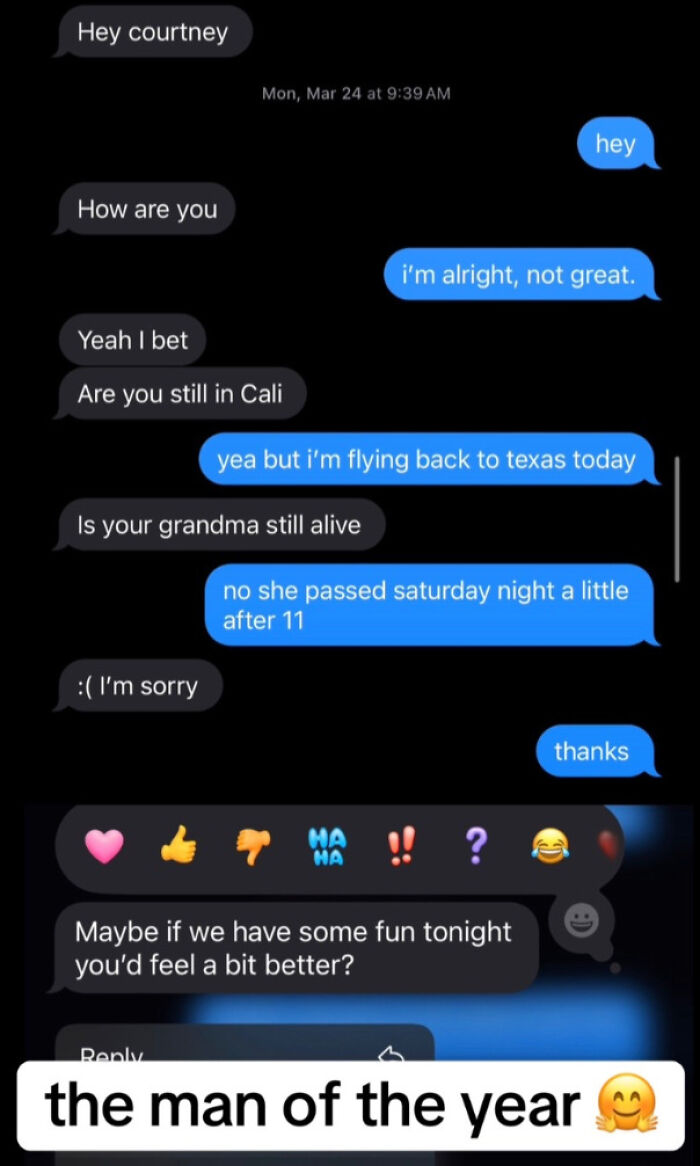
Image credits: thanosrighttit
#2
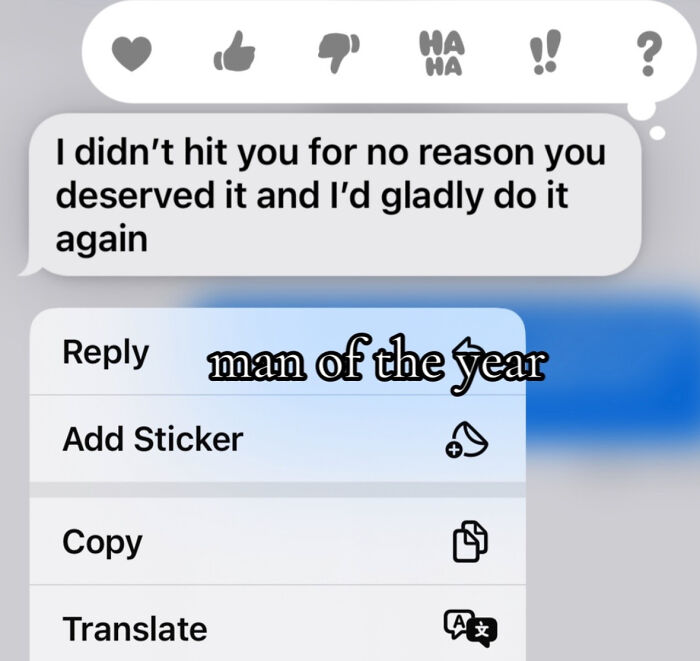
Image credits: unicornrainbowsparkles14
#3
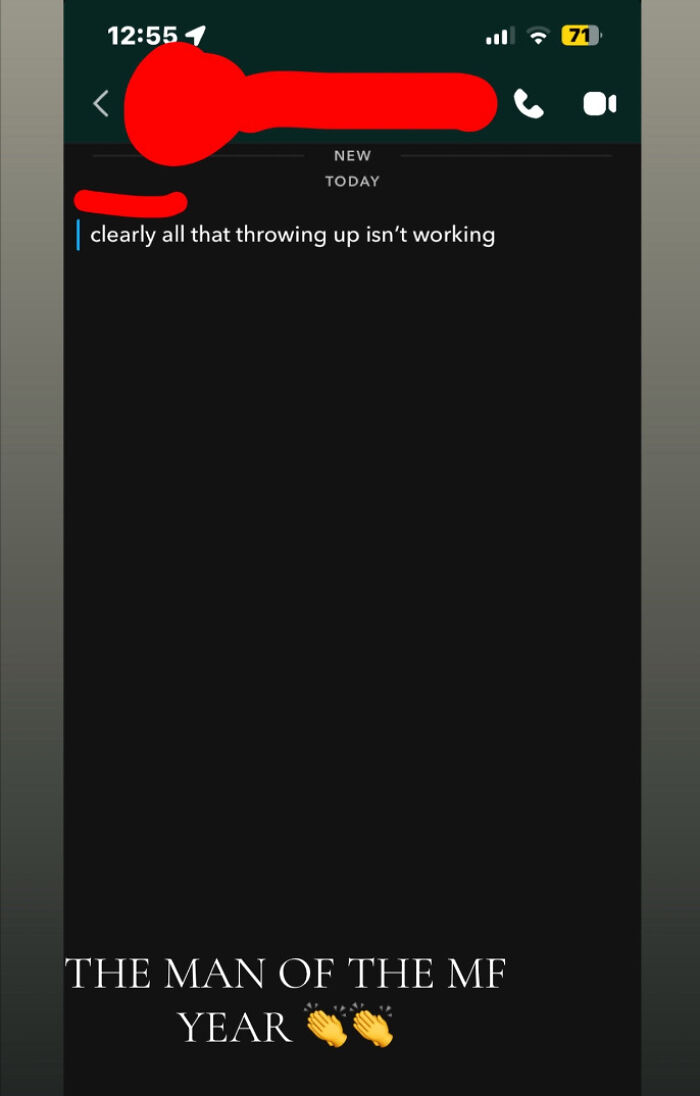
Image credits: caro.spammyyy
This cathartic trend on TikTok, where women started sharing their experiences with men who did them dirty, screenshots and all, and titling them “Men Of The Year,” was inspired by a song by a popular artist, Lorde, called “Man Of The Year.”
While the song itself is about gender exploration, its lyrics, “Let’s hear it for the man of the year,” have been taken by Gen Z creators to ironically title the toxic men in their lives as “Men Of The Year” when in reality they’re anything but.
#4
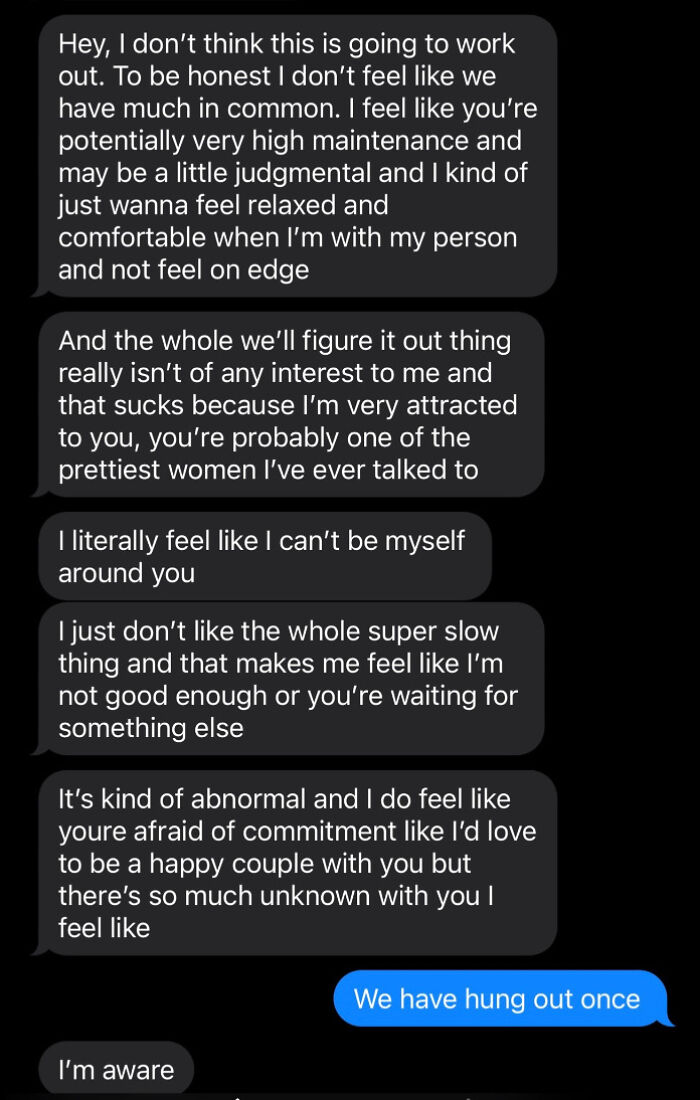
Image credits: jennifermreid
#5
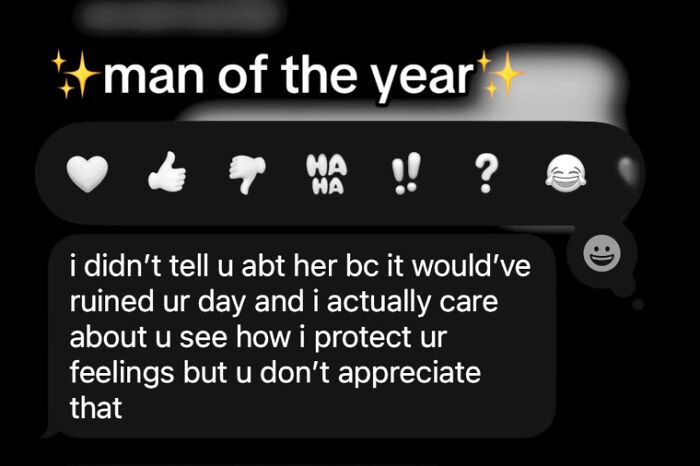
Image credits: .dodilfsnotdrugs0
#6
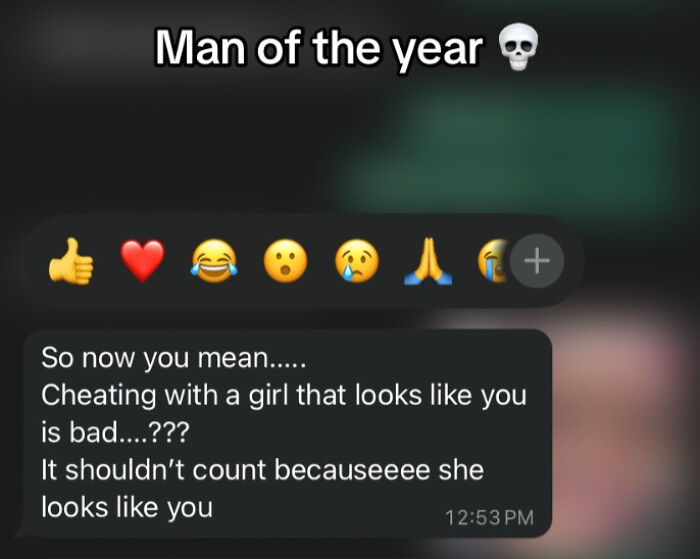
Image credits: maryamjibrinswife
The trend started on June 5th on TikTok, when user @violetaylaa posted a selfie video captioned, “My man of the year is my ex who got mad at me when he cheated on me.” This is considered to be the earliest video, which used Lorde’s song to call out men for being toxic in relationships. At the time of writing, the video has over 3.2 million views.
Soon after, it inspired others to do the same, and now there are over 179.9K videos under the same sound.
The trend became so popular that even Lorde herself responded with a video reacting to it by rolling and widening her eyes and shaking her head, captioned “These messages…”
#7
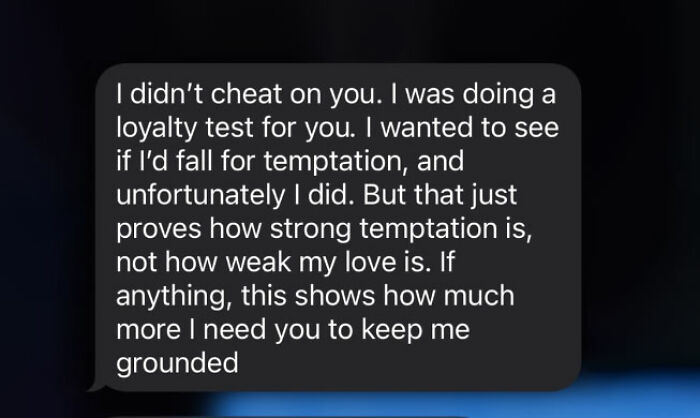
Image credits: ethe.rixll0
#8
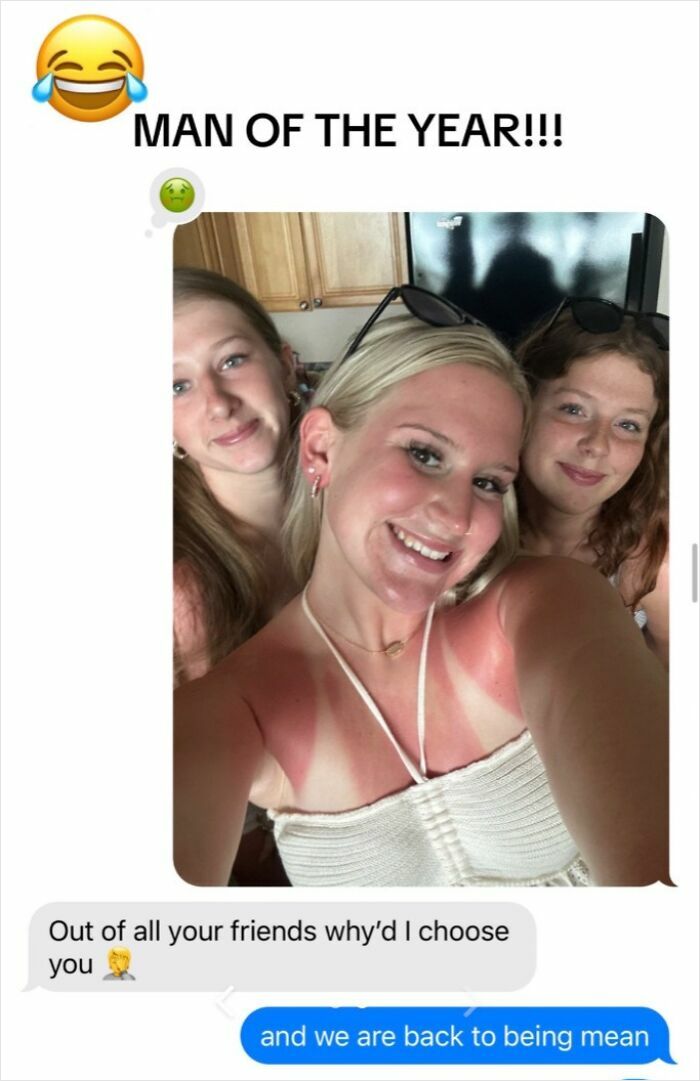
Image credits: whotfisemmahooper
#9
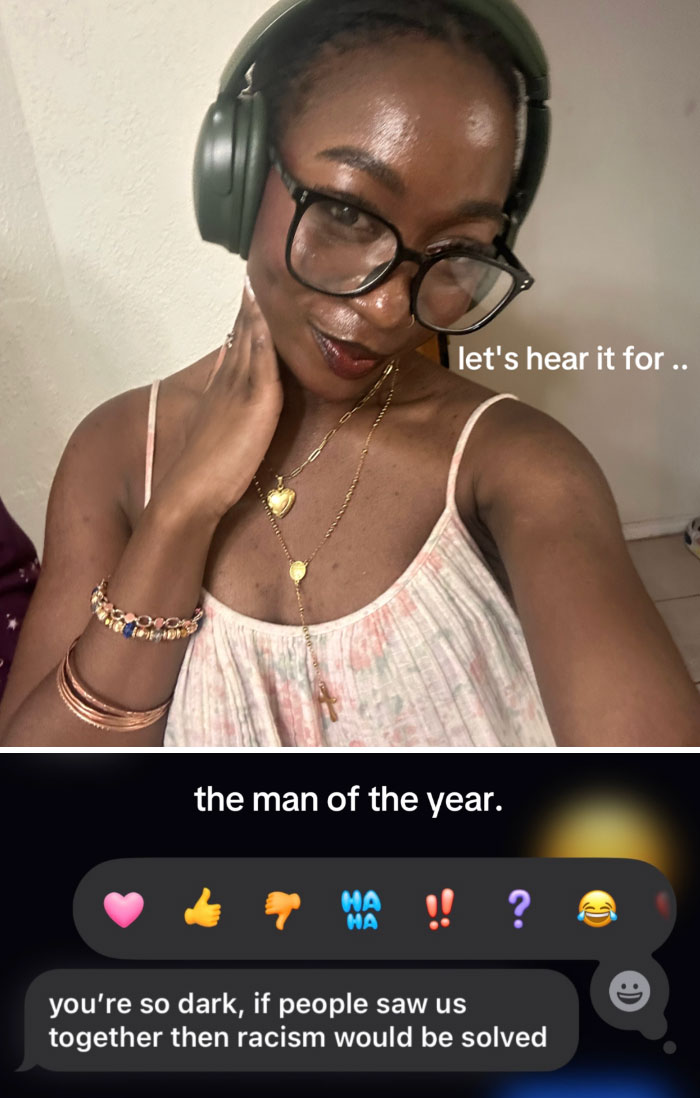
Image credits: jordanisnthere_
The videos under the “Man Of The Year” sound have quite a straightforward format. The majority of them are slideshow videos that begin with a selfie captioned “Let’s hear it for the…” that changes to another slide with “Man Of The Year” written on it over a piece of evidence, usually a screenshotted message that shows how toxic a male ex was. In other videos, the evidence may come in the form of a video or even an EDM remix that an ex-boyfriend made out of a voice memo of an ex-girlfriend crying.
#10
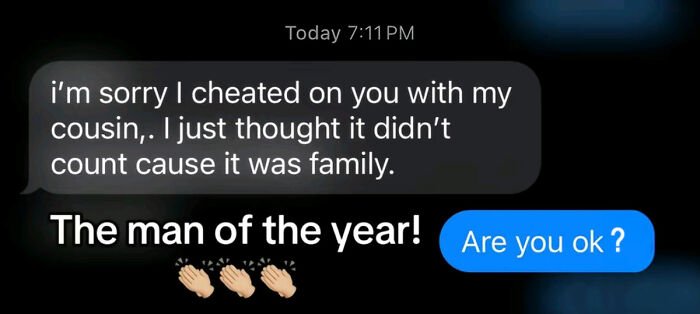
Image credits: he__saves
#11
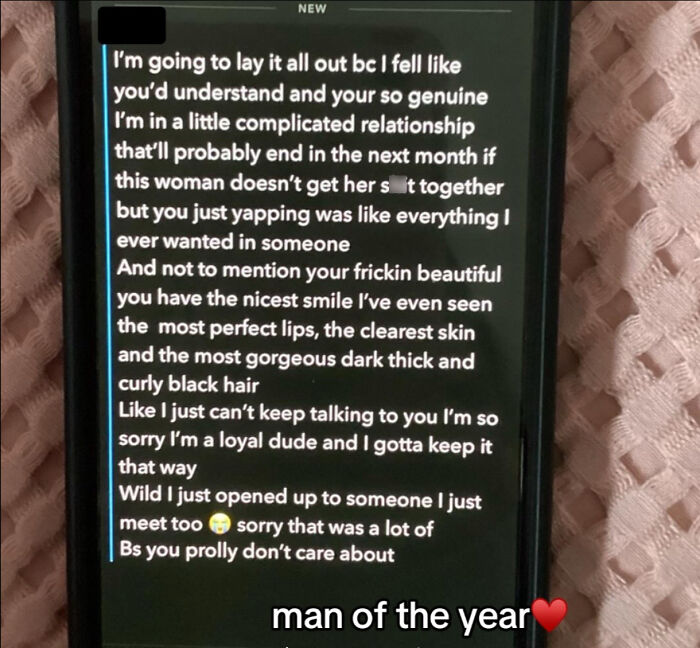
Image credits: macys.secrets
#12
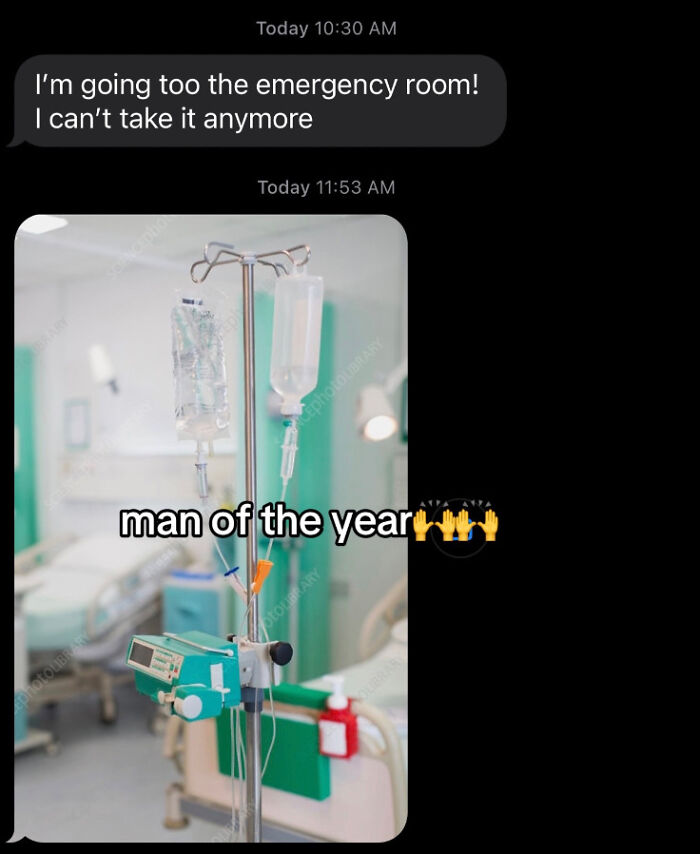
Image credits: maltokool
The women using this trend have revealed some truly shocking and heartbreaking things they’ve experienced while being in a toxic relationship. Like this one TikTok user who wrote, “Got me pregnant at freshly 20 yrs old. Promised me everything. Left me a month after finding out. Blocked me and everyone I know on everything. Got with a new girl. And still doesn’t care how it all affects me or his baby.”
#13
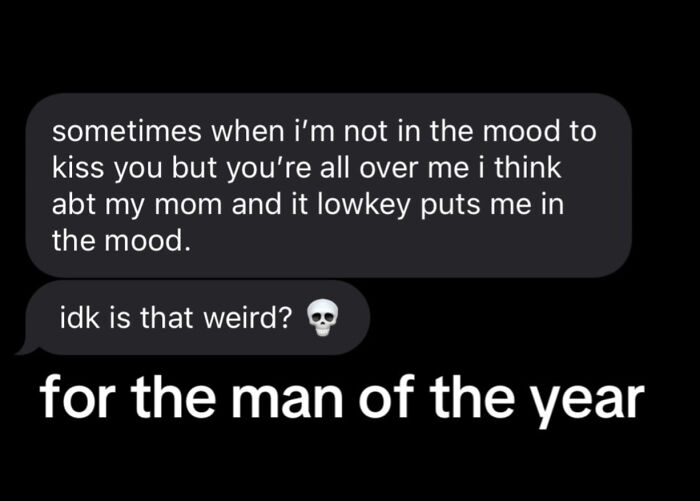
Image credits: ash.e21
#14
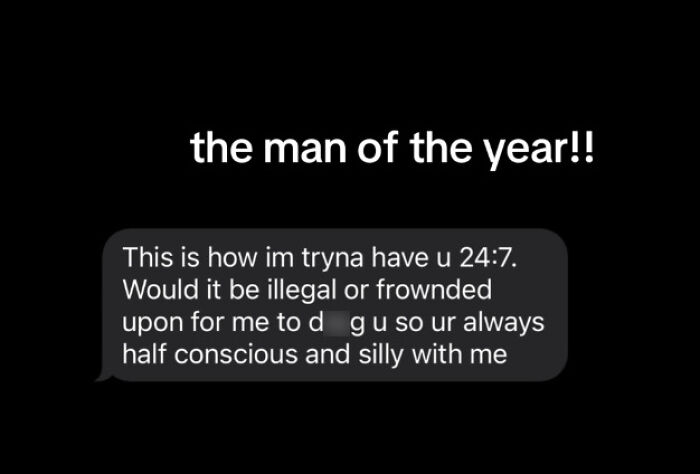
Image credits: ayebeeemoji
#15
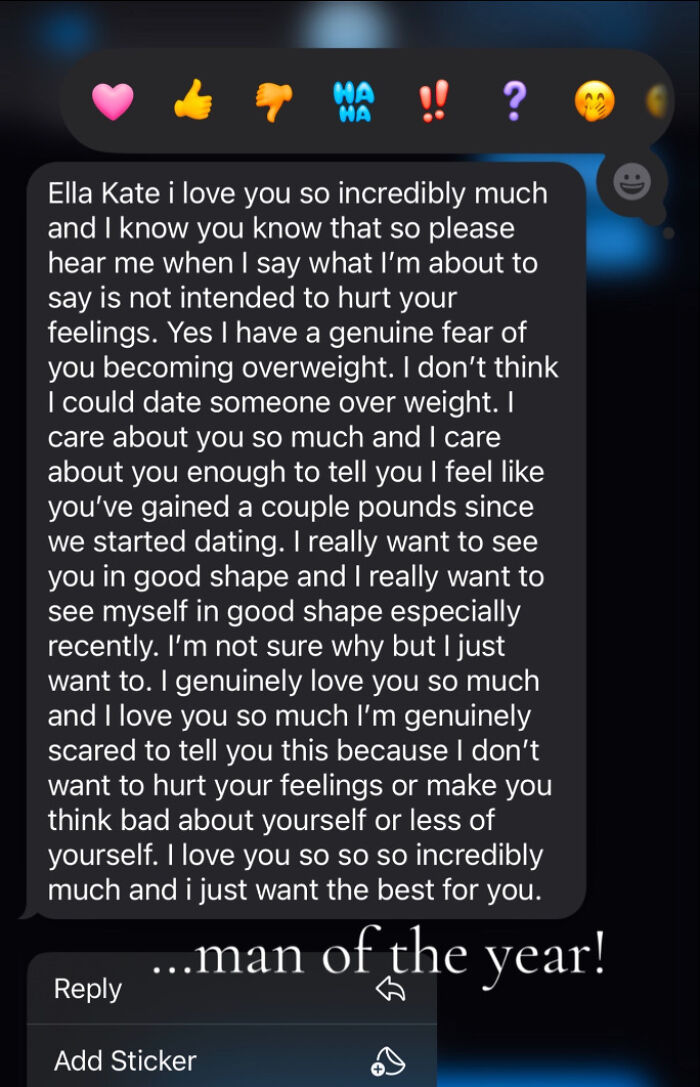
Image credits: ellakatevinspam
The trend invites women to share about the struggles they’ve experienced in their relationships and cope with them in a dark humor kind of way, which Gen Z has formed a tendency of doing quite a lot.
This generation of young people is more open about mental health than past generations, which can be attributed to the fact that Gen Z grew up with readily available technology and social media. Social media, in particular, gave them a platform from day one for their voices to be outspoken and heard.
#16
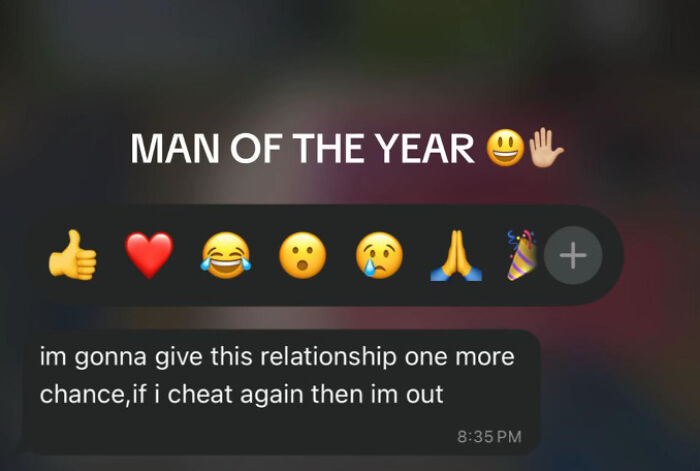
Image credits: adtually
#17
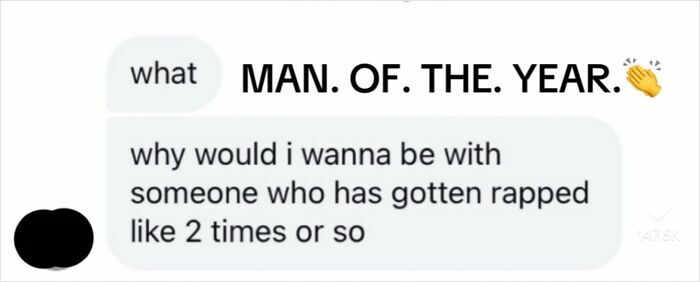
Image credits: lizzyspams30
#18
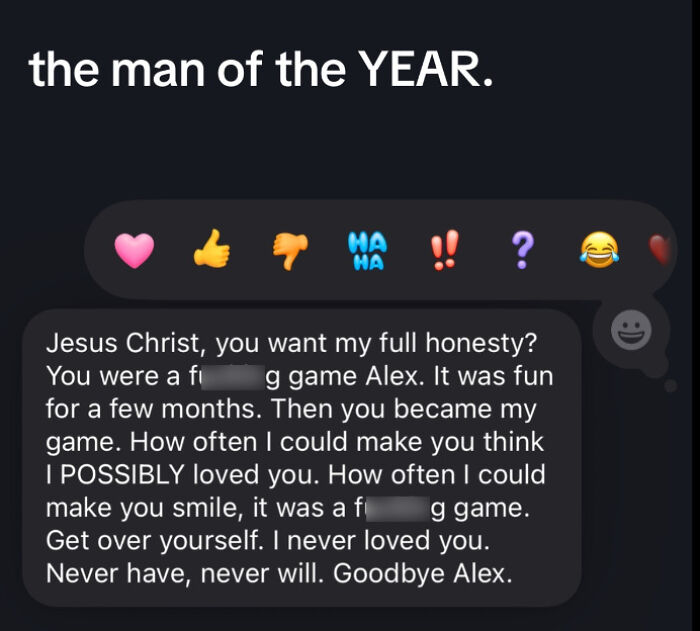
Image credits: uhhlexis_775
Normalizing the conversation about mental health and traumatic past experiences is good, as it allows young people to deal with their issues and move on from them instead of being stuck. They don’t want to be held back by any mental health concerns, so they are often glad to get treatment for them, like choosing therapy or sharing their experiences in a dark humor kind of way online.
#19
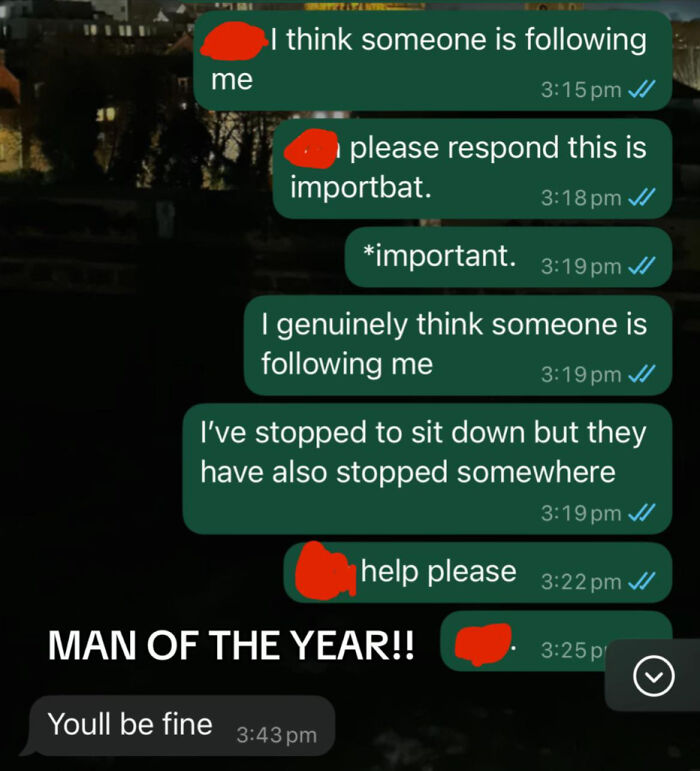
Image credits: ______livvy______
#20
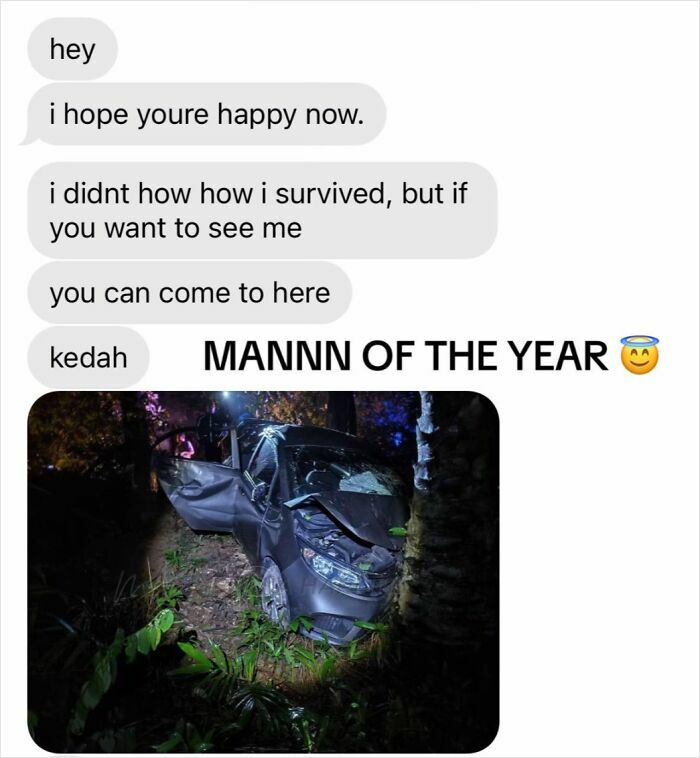
Image credits: beauxyeuxpleindevie
#21
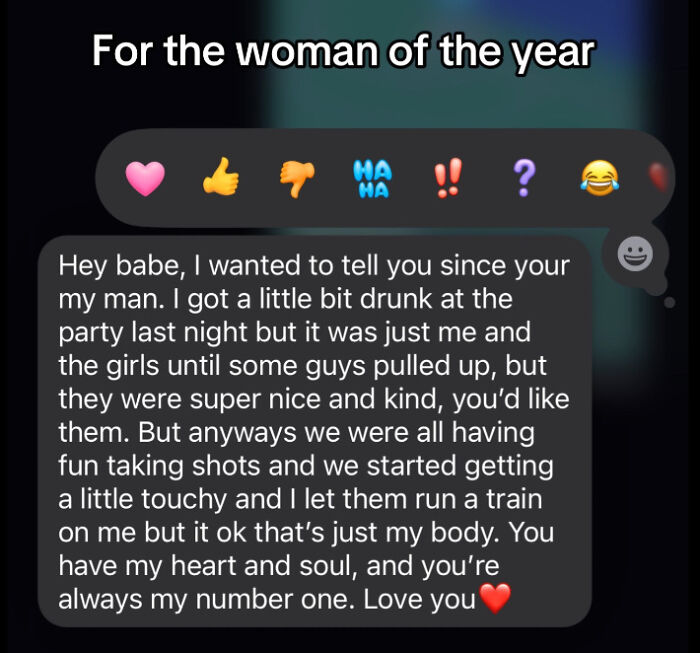
Image credits: sleeepy5.9
In fact, 53% of Gen Zers have sought professional mental health services at some point, and 87% report feeling comfortable discussing their mental health. In addition, 60% report being able to freely share their struggles, like the women participating in this trend did. However, we can’t discredit the previous generations, as they also had a part in paving the way for Gen Z’s openness by increasing awareness of mental health and helping to reduce the stigma.
#22
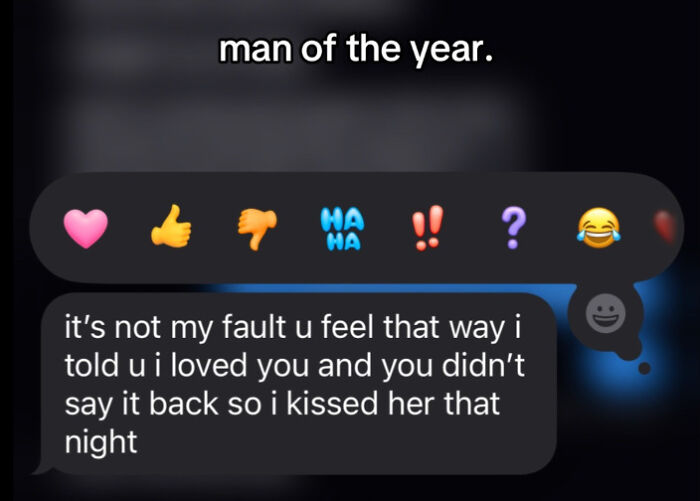
Image credits: xyvuxgabs
#23

Image credits: gigiondabeat4
#24

Image credits: yearns4love
“Young people today are much more willing to talk about their mental health,” agrees Patrick Griswold, MSN, M.Ed., RN. “The stigma around mental health struggles has significantly decreased because it’s harder to stigmatize something that’s so widespread. Therapy is now seen as beneficial, and as more people engage with it and find it helpful, the stigma continues to fade.”
#25
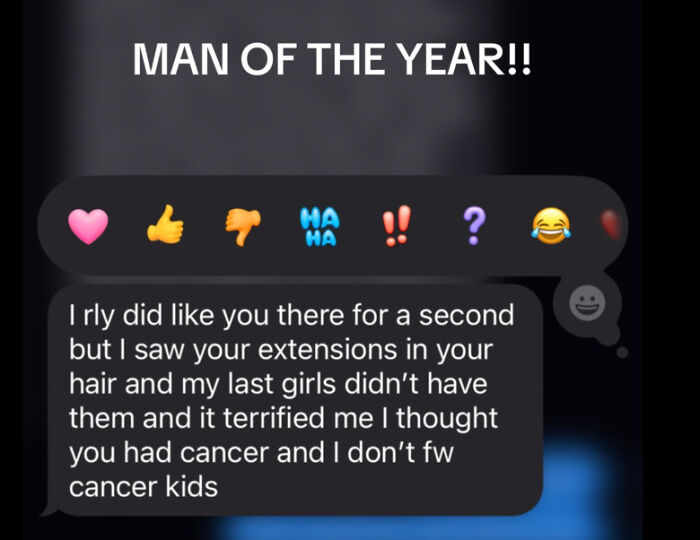
Image credits: quickaddwarrior
#26
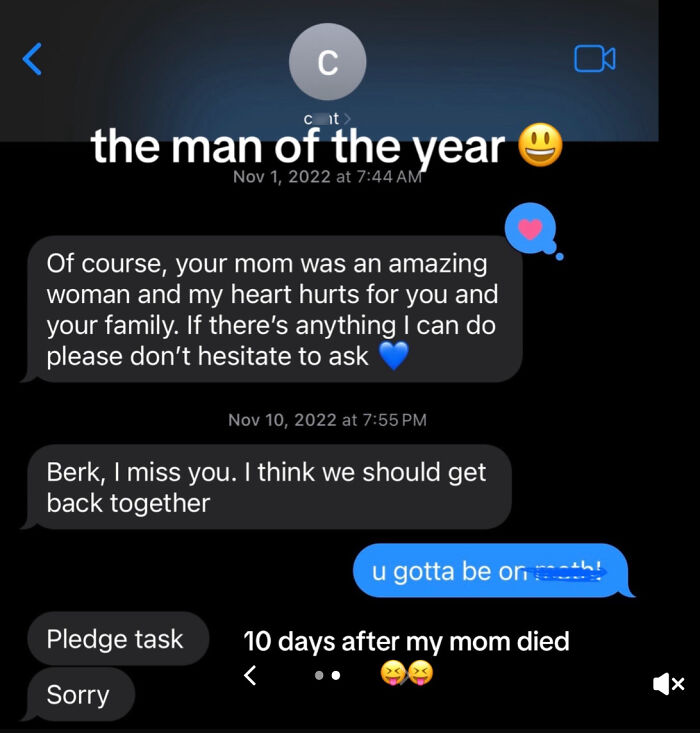
Image credits: berkeleylandrum
#27
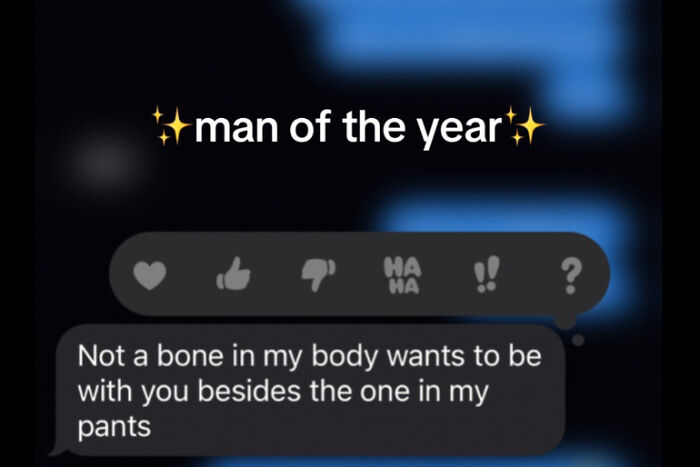
Image credits: .youdontknowme.bye_
#28
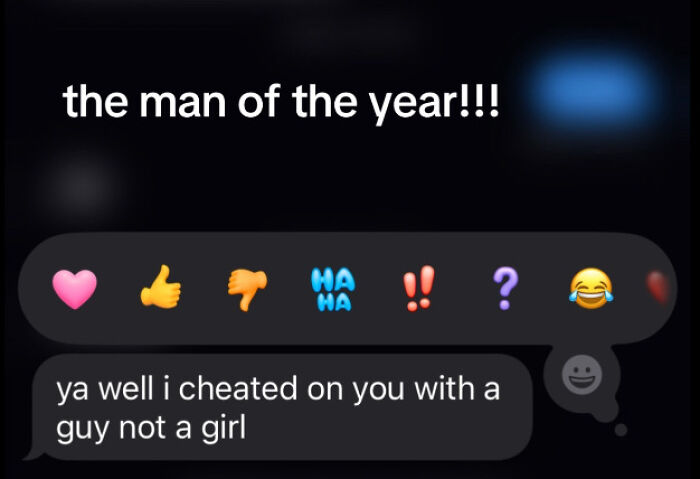
Image credits: seceretlifeofaith
#29
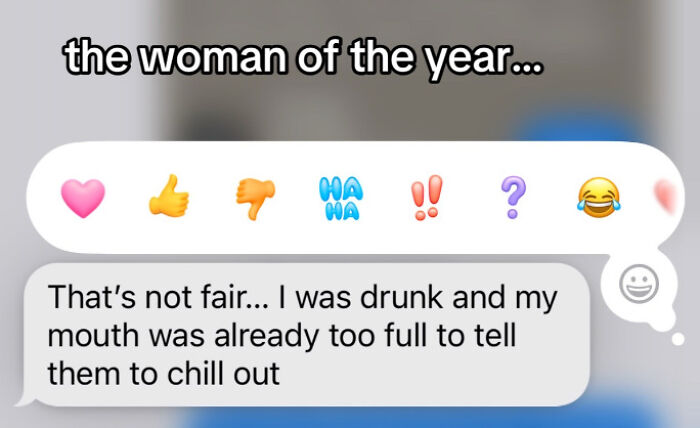
Image credits: ascambe1
#30
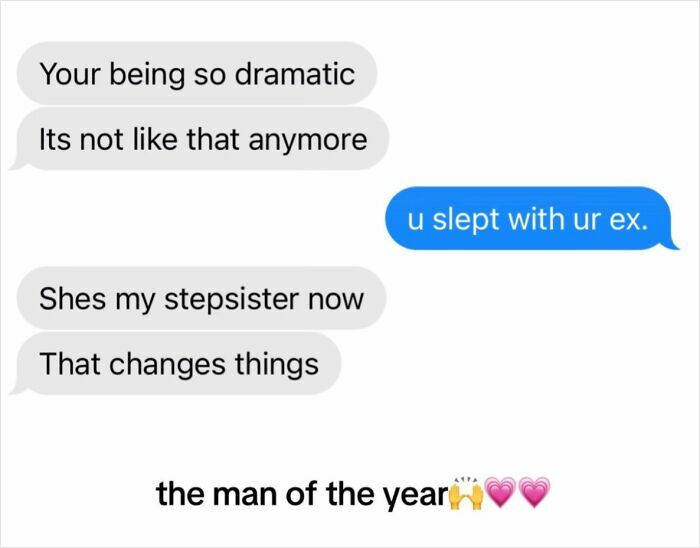
Image credits: _ellavivian
#31
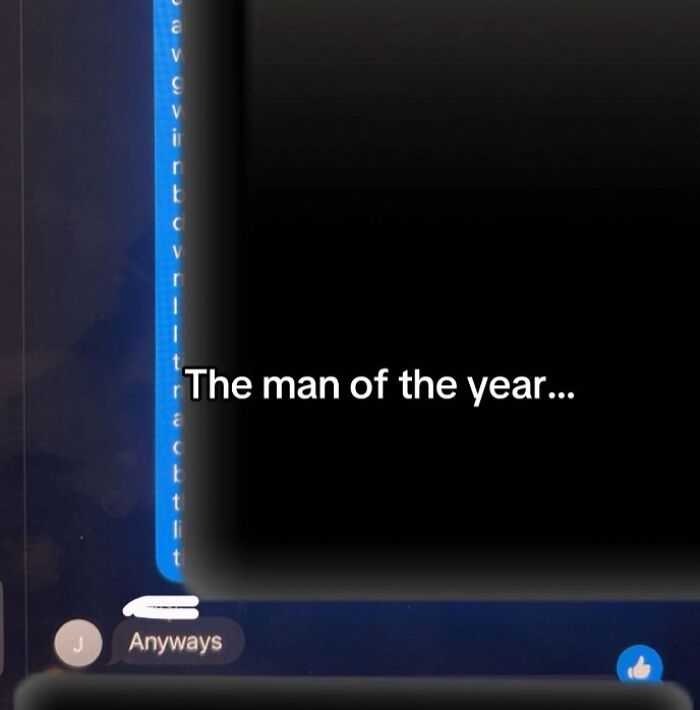
Image credits: username6364756252
#32
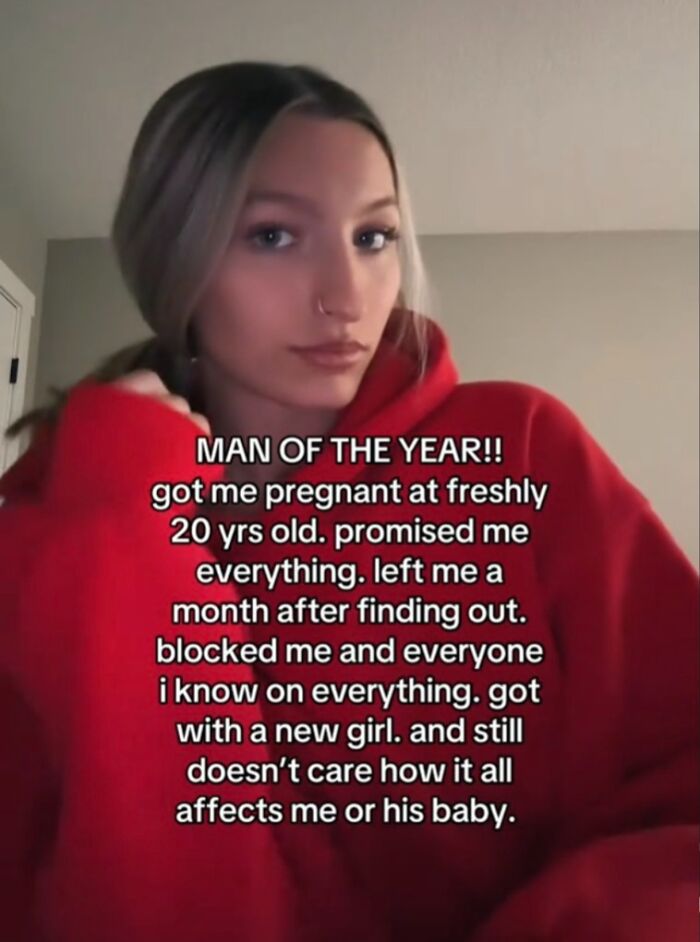
Image credits: peee.bee
#33
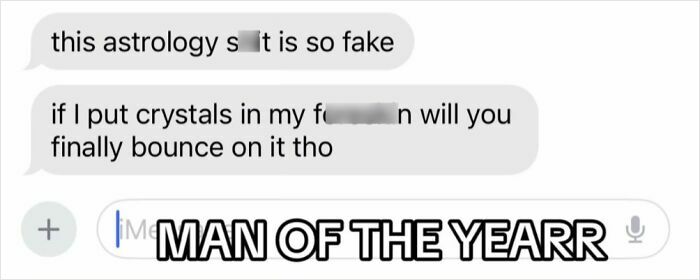
Image credits: fruitytootie69
#34
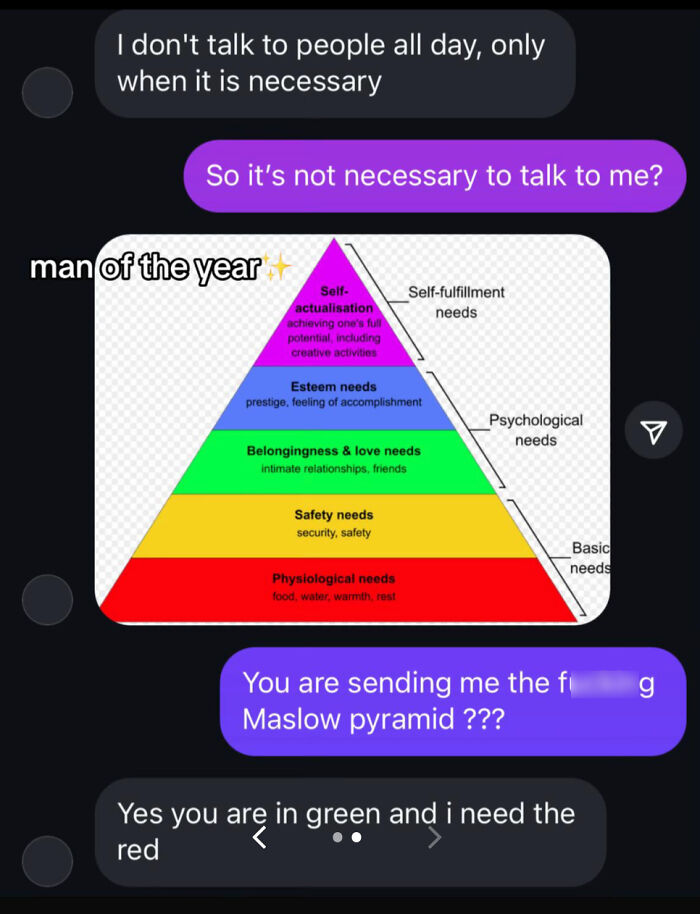
Image credits: jadeaufsonne_
#35

Image credits: justjacepoopy
#36

Image credits: violetaylaa
#37
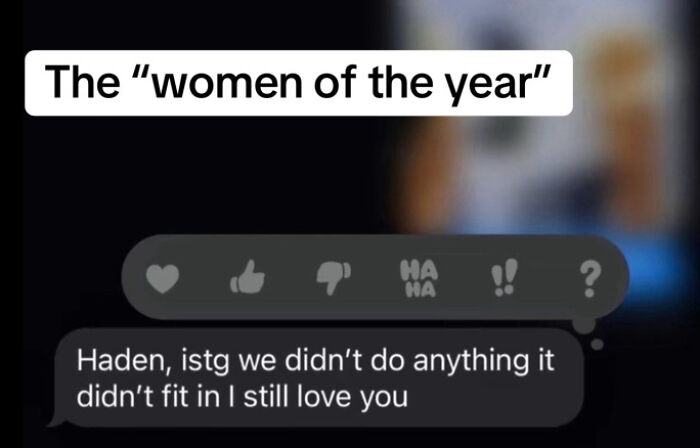
Image credits: hadenk12
#38
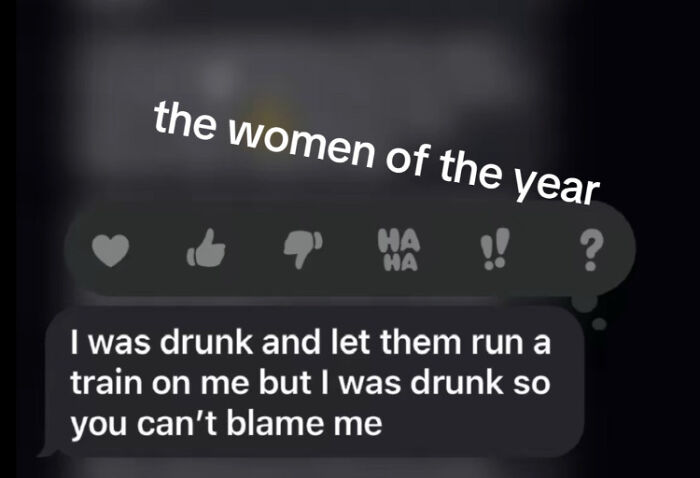
Image credits: maxx_starcevich
#39
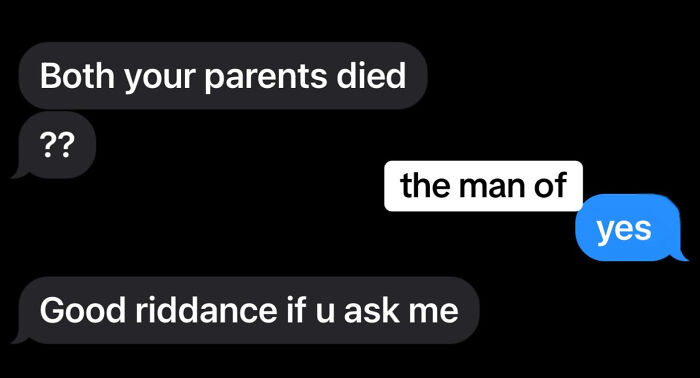
Image credits: camrynpompalol
#40
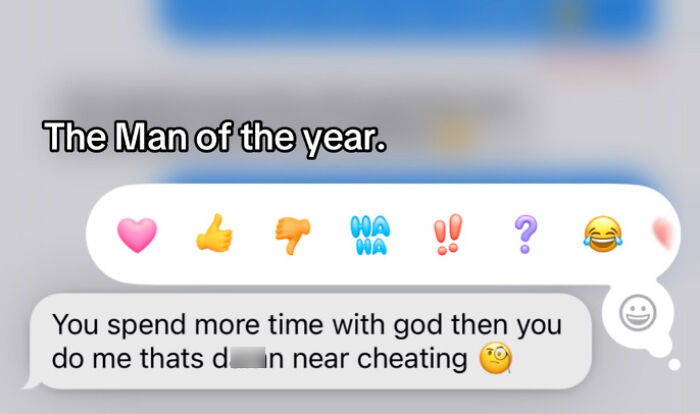
Image credits: t.eonnaa
#41
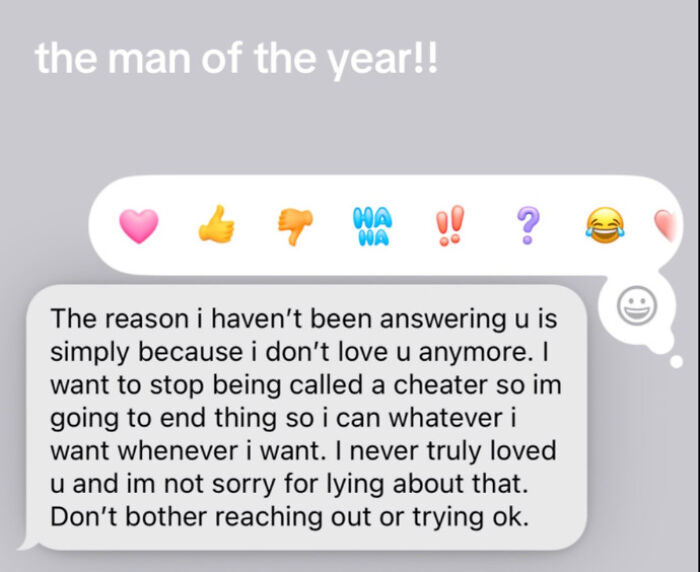
Image credits: lolaleftthechatt
#42
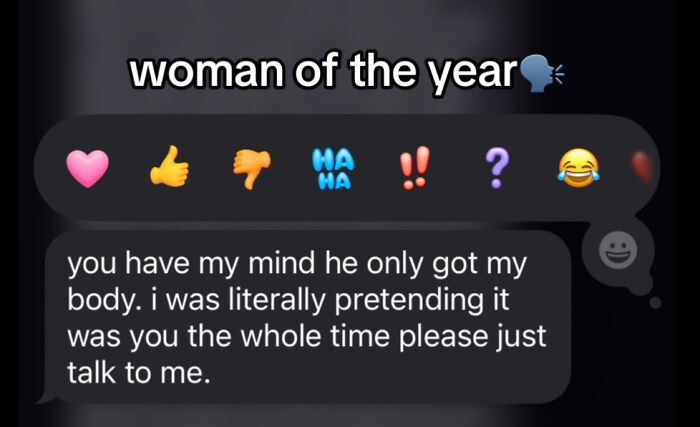
Image credits: d1tristy
#43
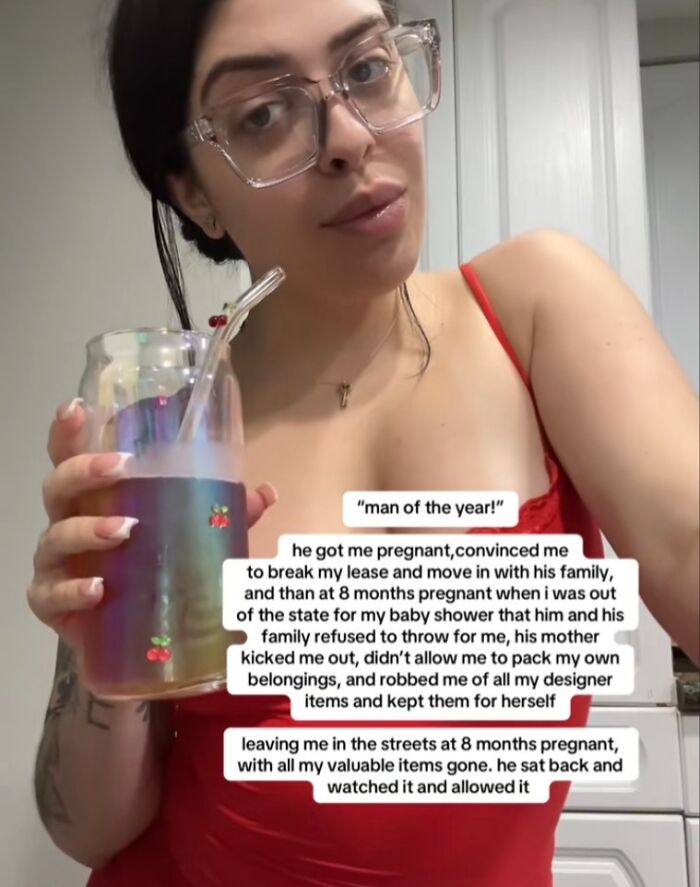
Image credits: bossdonbarnold
#44
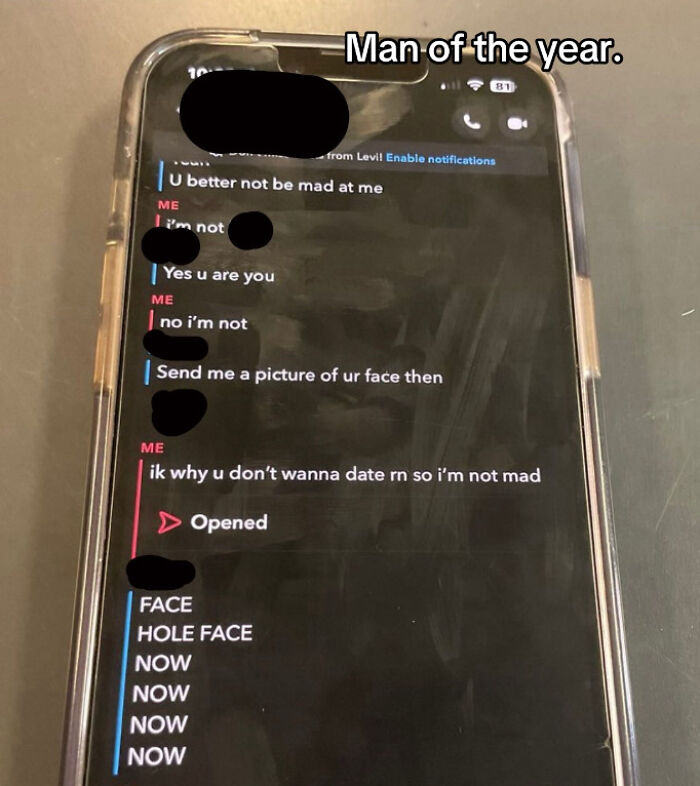
Image credits: lulucantbefound
#45
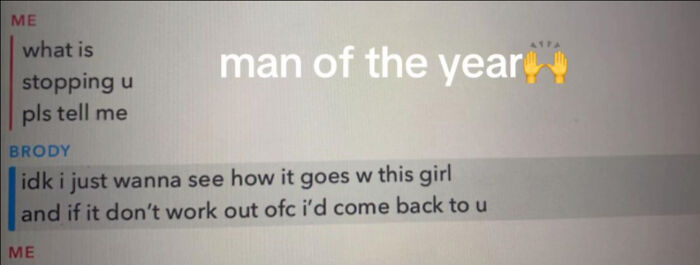
Image credits: 1lilqueef
#46
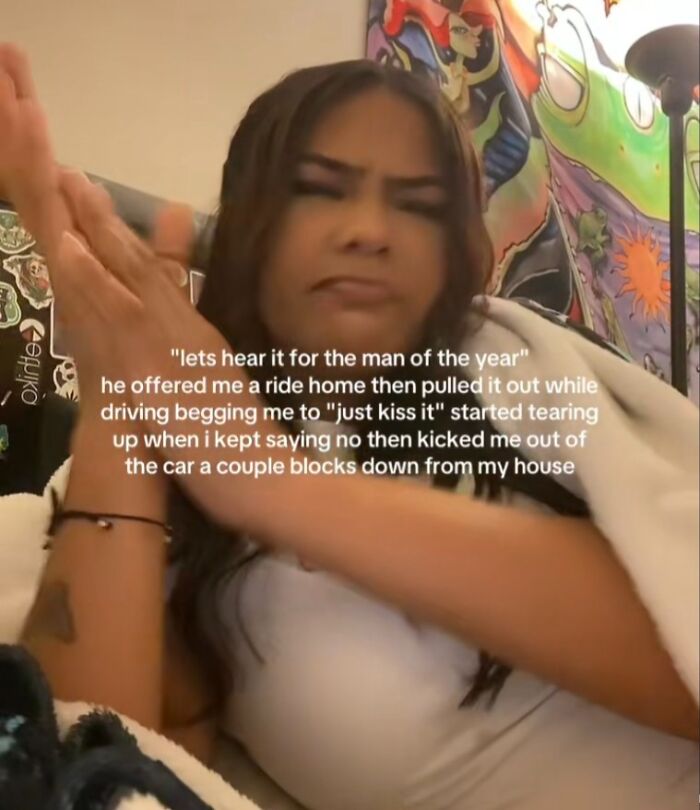
Image credits: not.cali44
from Bored Panda https://ift.tt/QF2bwey
via IFTTT source site : boredpanda